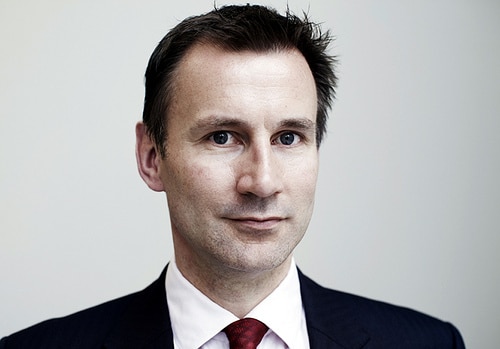
New culture secretary Jeremy Hunt has commissioned Lazard’s UK investment banking head to assess the commercial viability of local TV stations, which he envisages being licensed in November 2011. I think we already know the answer – the idea looks like a no-go…
There’s nothing to build on
It’s not as if there’s an existing operator network just waiting, ready to be enhanced by further funds, as there was in the previous government’s idea for reigniting news on the existing Channel 3 network.
Local TV in the UK is essentially a non-existent format. The highest profile examples have proved commercial flops and the several remaining, tiny local channels tend to operate with restricted service licenses on a sporadic, unjoined basis.
In other words, how are we going to kickstart this thing? And where is it going to live? Is ITV (LSE: ITV) really any more inclined to give over its network time to more local, less well-funded news producers than it was the professional news consortia? And does that make a better or worse commercial proposition for it?
There’s no money in it
Trinity Mirror (LSE: TNI) made an odd move by taking GMG Regional Media off GMG’s hands, buying further in to a sector that’s riddled with pressures top to bottom, like the ad downturn, ads’ web migration and the disappearance of readers. But not even Trinity Mirror wanted Channel M, the UK’s highest-profile local TV channel, in with the bargain. It’s no coincidence that GMG has mothballed the channel down to four staff and repeats on loop – the chances of turning a penny in local TV are at least as unlikely as in local newspapers.
Entities like Trinity Mirror, which had contested the previous government’s idea for regional-and-national independently-funded news consortia, would be crucial if Hunt’s vision is to come about. But even its CEO Sly Bailey says: “We don